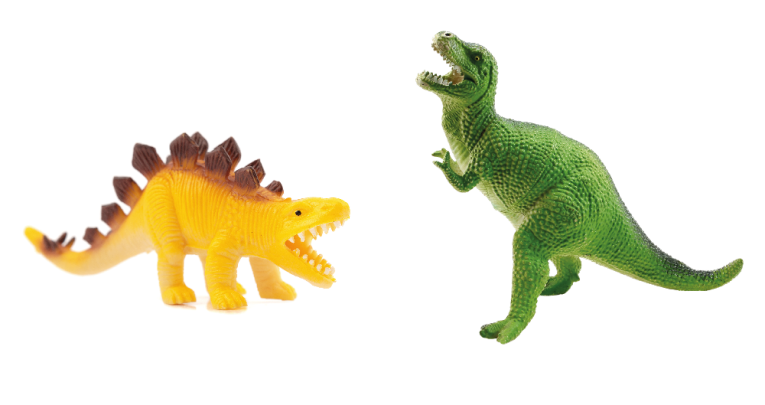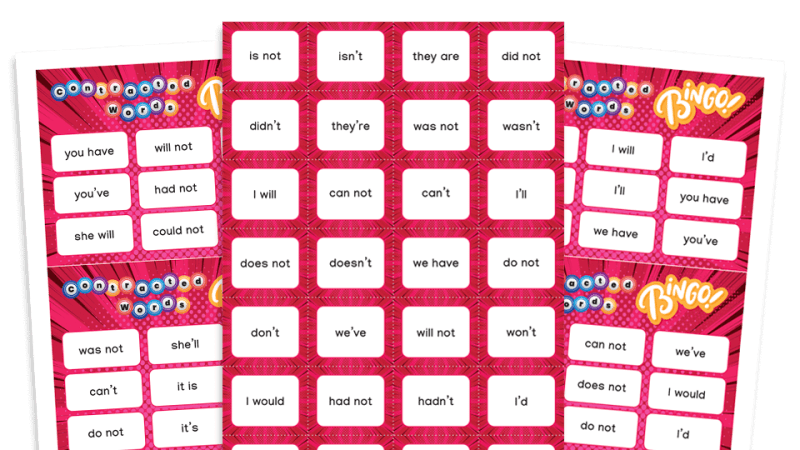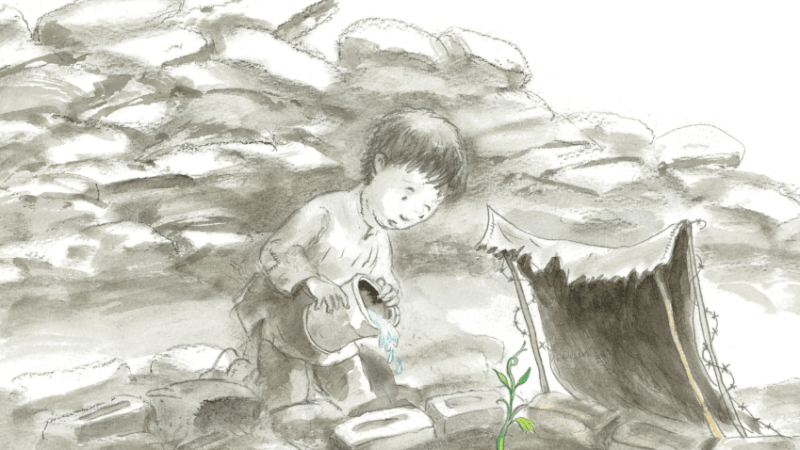Why can Tommy spell ‘pterodactyl’ but still confuses ‘which’ and ‘witch’? Motivation, of course

What's the point of adverbials, asks Sue Cowley?

- by Teachwire

Have you ever wondered why, despite being able to recall and spell the names of over a hundred different dinosaurs (including ‘pterodactyl’), Tommy keeps putting ‘witch’ instead of ‘which’ in his stories? The difference, of course, is to do with his levels of motivation.
While Tommy is fascinated by dinosaurs, the finer points of English homophones don’t yet float his boat. At home, he spends hours flicking through his set of dinosaur Top Trumps cards, memorising all the details. He has the entire series of Harry and the Bucketful of Dinosaurs books on his shelf and his parents have taken him to the dinosaur exhibit at the Natural History Museum so often that he could easily qualify for a job as a museum guide, despite being only seven.
There is a powerful link between how interested we are in something and how well we will learn and retain it. Fascination is an incredibly powerful tool – when we are curious about something, our motivation levels are high. One of the biggest dangers of a restrictive curriculum, and the accompanying national tests, is that children might stop feeling intrinsically motivated to learn. They no longer see learning as something that they want to do for themselves, and begin to see it as something that is done to them. You can tell a child that they have to learn something, but until they understand why it might be of interest to their lives, it’s a great deal harder to ensure that it sticks.
When they were tiny, my children used to skip up the road to preschool – they could hardly wait to begin another day of learning.
When I taught Reception, my learners would hurry into the classroom with smiles on their faces. The older children get, though, the more this attitude seems to dissipate.
These days the question, “What did you do at school today?” is met with a grunt. In part this is simply to do with their age and the increase in hormones sloshing around their bodies, but I can’t help wondering whether it is also at least partly to do with the curriculum. At night, my daughter demands to know why she has to start her sentences with a fronted adverbial. Is this really what writers have to do? “Er, no”, I have to answer. I can’t remember the last time I consciously used one. The only logical answer I am able to give her is so that she can ‘pass’ her SATs.
If we want children to feel fascinated by learning, they have to see how it is relevant to them. Unfortunately, we seem to have become confused about what the word ‘relevance’ means in the context of education. Michael Gove certainly didn’t help, with his speeches rubbishing <em>Twilight</em> and disparaging the use of the <em>Mr Men</em> in teaching. Relevance is not about making sure that the thing the children are learning is of practical use or immediate interest to them; it is about helping them see how it relates to the life that they want to lead.
In Tommy’s mind, dinosaurs are not ‘relevant’ because they still exist and he needs to know what to do if he bumps into one. They are relevant because they excite him and make him wonder about the world. And we can harness that fascination to help Tommy and his classmates learn other things.
How on earth, then, can you help your Tommy see how it is important to use the correct version of ‘which’, while linking it to the things he loves the most?
First, you might talk with him about why correct spelling is important: what if he saw the word ‘terrordacktill’ in his dinosaur book? He would be rightly confused about which creature was being described. Then you could discuss with him how a word like ‘helicopter’ uses the same ‘pter’ as ‘pterodactyl’ because ‘pteron’ derives from the Greek word for ‘wing.’ Finally you could show him how the word ‘witch’ derives from the Old English word ‘wicca’, while the word ‘which’ comes from the Old English ‘hwilc’.
And if all that didn’t work, you could just tell him that every time you see him use the word ‘witch’ instead of ‘which’ in his stories, you wonder if he knows which witch is which, and whether Winnie the witch is about to turn up.
If we want children to feel fascinated by learning, they have to see how it relates to the life they want to lead
Sue Cowley is an author and teacher trainer. Her latest books, Road School and The Artful Educator, are published by Crown House. Find her at roadschooldiary.co.uk and @sue_cowley.











